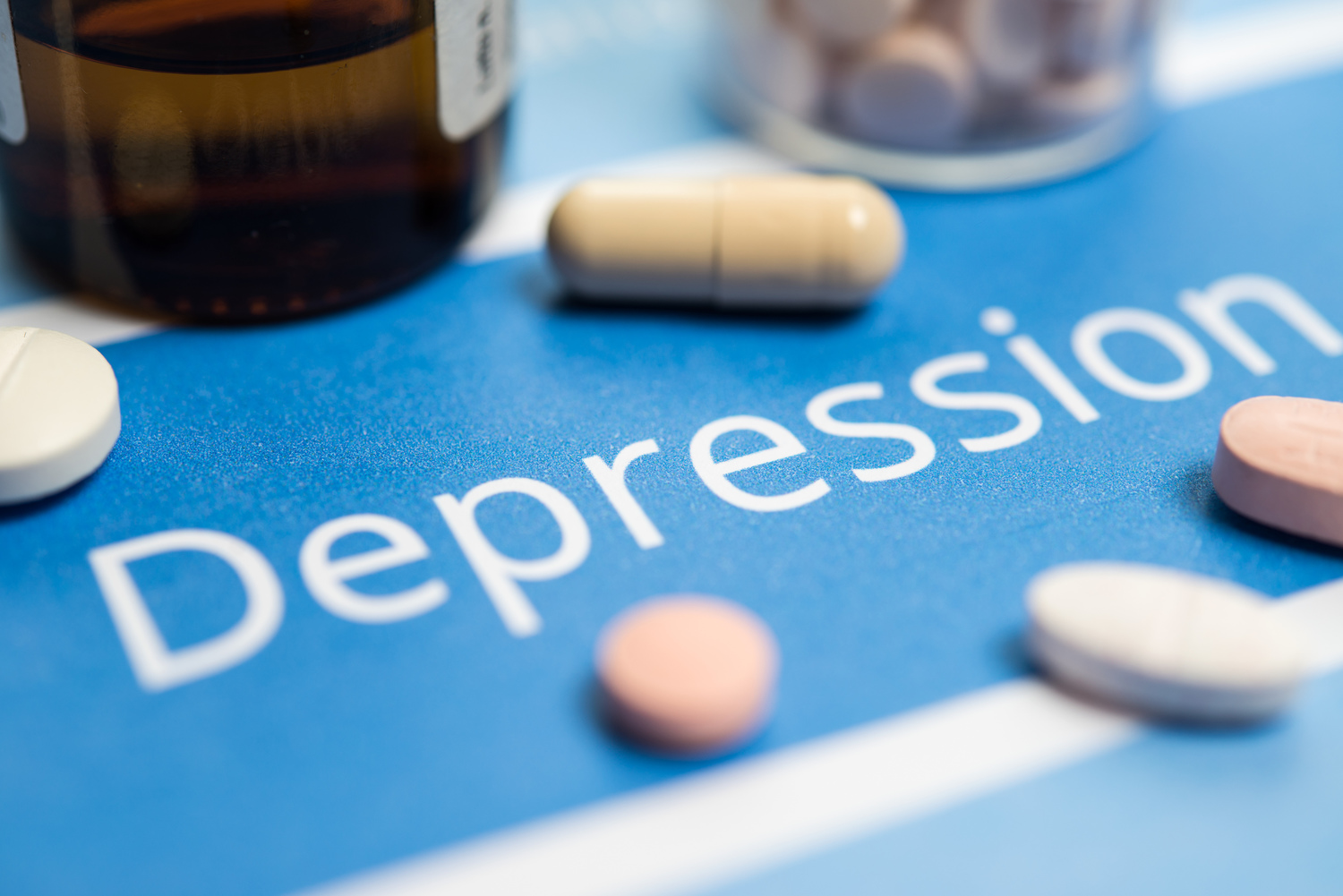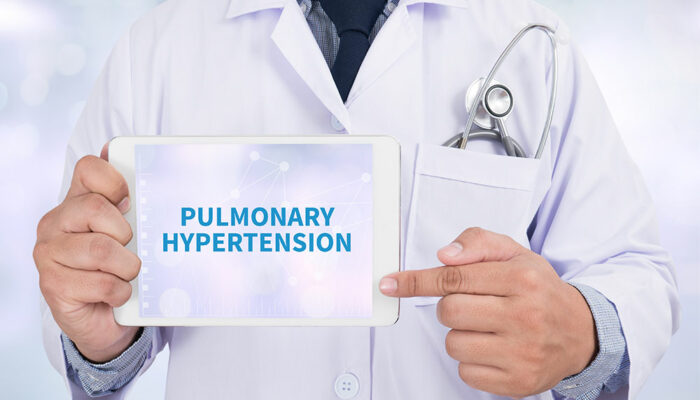
5 Ways to Reduce Depression Symptoms Without Medication
As the world becomes more digital, so too does healthcare. Online therapy and in person and online counseling are increasingly popular methods of treating depression, especially for those who prefer not to take medication. Also, innovations in depression treatments, such as transcranial magnetic stimulation (or TMS therapy) continue to show promise. While medications like Auvelity, Viibryd, Lexapro, Trintellix, Latuda, Spravato, Vraylar, Vortioxetine, Bupropion, and Rexulti can be effective, they can also come with side effects and be expensive. Here are 5 ways to reduce depression symptoms without medication:
1. Online therapy
Online therapy provides individuals with access to mental health services from the comfort of their own home. This form of therapy is often more affordable than traditional in-person therapy and can be more flexible with scheduling. Platforms like BetterHelp and Talkspace connect users with licensed therapists who provide one-on-one counseling through video chat or messaging.
2. Cognitive behavioral therapy
Cognitive-behavioral counseling is a type of therapy that focuses on changing negative thought patterns and behaviors. This type of therapy is often used to treat depression and has been shown to be effective in reducing symptoms. Online counseling services often offer cognitive-behavioral therapy as a treatment option.
3. Exercise
Physical activity has been shown to be an effective way to reduce symptoms of depression. Exercise releases endorphins, which are the body’s natural mood-boosters. Aim for 30 minutes of moderate exercise each day, such as a brisk walk, jog, or yoga class.
4. Stress relief
Stress is a major contributor to depression symptoms. Finding healthy ways to manage stress can help reduce symptoms. Try relaxation techniques such as deep breathing, meditation, or mindfulness. Engaging in hobbies or activities that bring joy can also help reduce stress.
5. Foods for depression
Diet can play a role in depression symptoms. Eating a balanced diet that includes foods rich in omega-3 fatty acids, such as fish and nuts, and foods high in B vitamins, such as whole grains and leafy greens, can help improve mood. Avoiding processed foods and excess sugar can also help reduce symptoms.
In conclusion, there are many ways to reduce depression symptoms without medication. Online therapy and counseling, cognitive-behavioral therapy, exercise, stress relief techniques, and a healthy diet can all be effective in managing symptoms. While medication can be helpful for some individuals, these alternative methods may be worth exploring for those who prefer a combination of medication and non-pharmacological approach.



